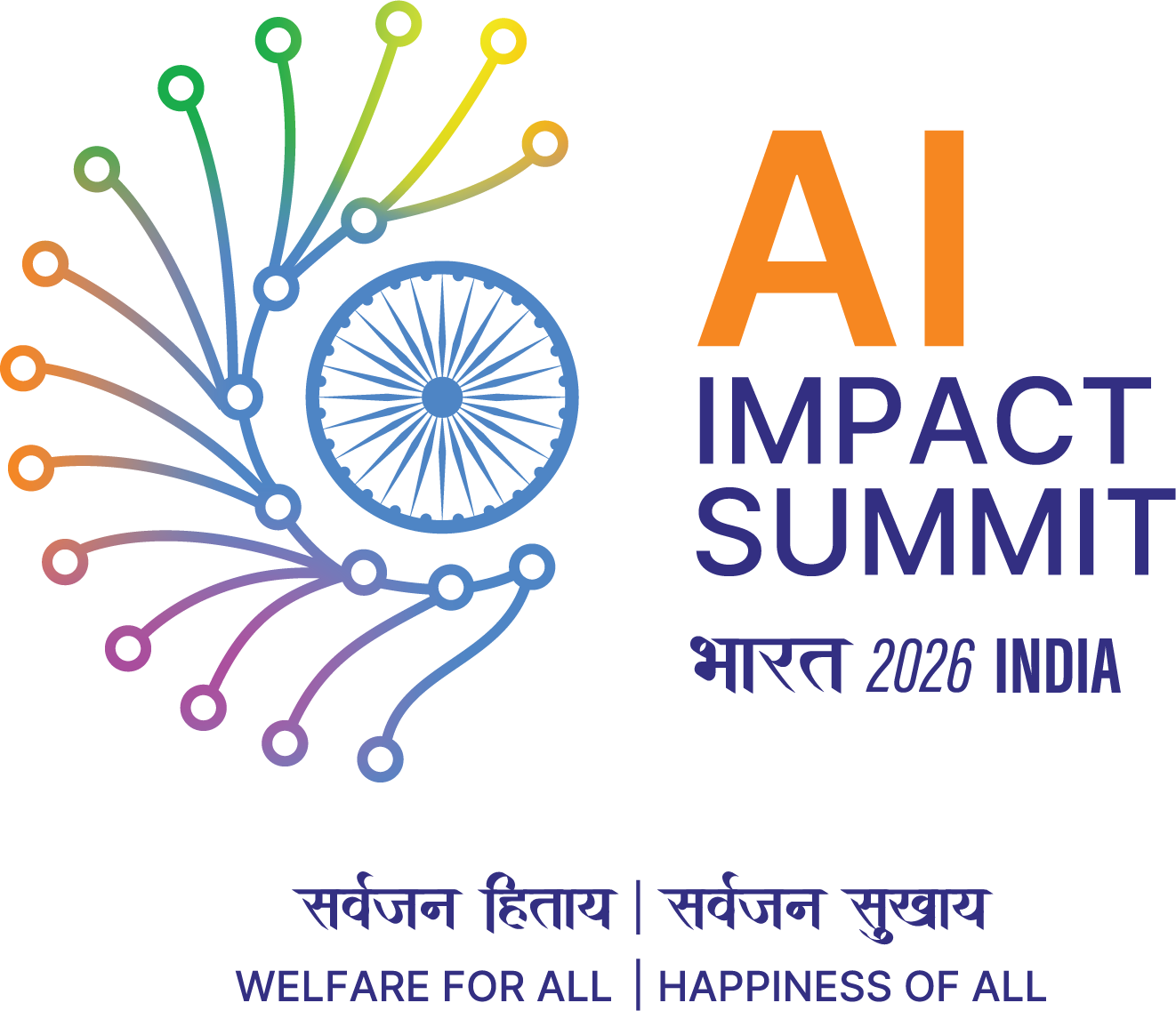India began its scientific endeavours in the Arctic in 2007 when a team of five scientists visited the International Arctic Research Facilities at Ny-Ålesund to initiate studies in the fields of Arctic microbiology, atmospheric sciences and geology. Following the success of this initial step, the Ministry embarked on a long-term program of regular scientific activities in the Arctic in the frontier realms of polar biology, glaciology and earth and atmospheric sciences. To date, 57 scientists from 18 national institutions, organisations and universities have participated in the Indian Arctic Programme, which is being co-ordinated and implemented by NCPOR on behalf of the Ministry. The focus areas of research by the Indian scientists at Ny-Ålesund are confined to some of the frontier areas of polar sciences of special relevance to the Arctic realm, such as glaciology, atmospheric science, biology and climate change. A comprehensive long-term Science Plan of research activities by Indian scientists in the Arctic realm has also been developed. To facilitate the Indian activities, a station building has been taken on lease at Ny-Ålesund to serve as India’s Research Base in the Arctic. India is a member of the Ny-Alesund Science Managers Committee (NySMAC)- the apex body responsible for coordinating and advising all the Member Nations on scientific projects at Ny-Alesund. India has also an observer status in the International Arctic Science Committee (IASC) since 2011.
a) Objectives:
- Continuation of the scientific programs in the Arctic in the fields of atmospheric sciences, climate change, geoscience and glaciology, and polar biology.
- Ensuring a prominent and sustained presence of India in the Arctic through initiation of scientific research in some of the frontier realms of polar science.
b) Participating Institutions:
National Centre for Polar & Ocean Research, Goa
c) Implementation Plans:
All the aspects related the planning, co-ordnation and implementation of the scientific and logistics aspects related to the Indian Scientific endeavors in the Arctic shall be pursued on behalf of the Ministry.
The science component of the work programme would however, be a multi-institutional national endeavor with the involvement of scientists from all major national institutions, laboratories and Universities with a sustained interest in the polar realm.
The expeditions would be launced in phased manner from March to September depending upon the requirement of the science objectives.
d) Deliverables:
The scientific studies proposed and being carried out by Indian scientists in the Arctic will be contributing significantly to the global community’s ongoing efforts in understanding the climate change phenomena. In addition, the studies would be providing a wealth of data in such diverse but inter-related fields as earth sciences, biology, atmospheric sciences and climatology.
The success of the scientific program, apart from contributing to the international efforts to understand global issues will also help India in getting entry in the IASC.
e) Budget requirement : 50 crores
(Rs. In crores)
| Name of the Scheme | 2012-13 | 2013-14 | 2014-15 | 2015-16 | 2016-17 | Total |
|---|---|---|---|---|---|---|
| Arctic Expedition | 4.00 | 20.00 | 19.00 | 3.00 | 4.00 | 50.00 |







 Ministry of Earth Sciences
Ministry of Earth Sciences













